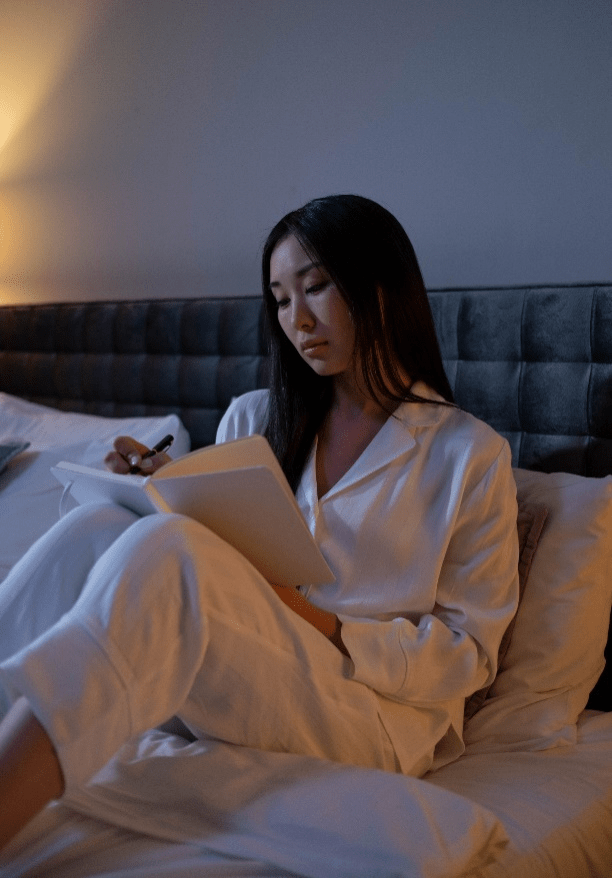Tiredness, an inability to function, drowsiness, and an anxious state of mind; insomnia is one of the most difficult mental health issues that can take a toll on a person’s mood and energy.
Insomnia affects over 35.2% of adults in the US alone. This prevalent sleep disorder is characterized by difficulty in falling asleep, poor quality of sleep, repeatedly waking up in the middle of the night, and the complete inability to sleep at all.
Being a common sleep complaint, many people are unaware of its etiology, causes, symptoms, and treatment. It’s crucial to educate yourself about insomnia to recognize the symptoms and seek mental health services when things get serious.
This is why we’ve created a quick guide for you to learn everything there is about insomnia.
Symptoms of Insomnia
Insomnia patients have the following symptoms:
- Difficulty initiating sleep
- Finding themselves awake multiple times during the night
- Restlessness, waking up early and experiencing tiredness
- Irritability, anxiety, and depression
- Difficulty concentrating on things
Insomnia symptoms that are experienced for less than 3 months are referred to as short-term insomnia, while symptoms that persist for longer mean long-term insomnia.
Causes of Insomnia
There can be multiple causes of insomnia. Some of the most common causes are:
- Stress
- Chronic depression
- Recent encounter with a traumatic experience
- Anxiety, intrusive thoughts, and constant worrying
- Taking prescription medication that affects the sleep cycle
- Health problems like chronic pain, diabetes, Parkinson’s disease, cancer, etc.
- Other sleep disorders like sleep apnea, circadian rhythm disturbances, and restless leg syndrome can also lead to insomnia
Treatment for Insomnia
If you’re experiencing insomnia symptoms, do not worry, because insomnia is treatable. Two of the most effective tools against insomnia are a cozy bedtime routine and a quiet and comfortable bedroom.
Make sure your bedroom is free of any distractions that could affect your sleep. Invest in a white noise machine that can block distracting sounds and lull you into sleep.
Keep your room cool with proper ventilation and try to add thick blackout curtains to prevent any light from disturbing your sleep. Try not to nap during the daytime, do not eat or watch TV on your bed, and reserve it for sleep and sex.
Build a cozy nighttime routine where you set electronics aside, light some scented candles, take a bath, read books, or meditate until you fall asleep.

If your insomnia symptoms are severe, it’s time to seek professional help. Looking for psychiatric telehealth services in DuPage County? Reach out to Natobe Healthcare today.
At Natobe Healthcare center, our online psychiatrists use Genetic Psychotropic Testing and patient-centered psychiatry services, individualized to suit every patient’s specific needs. Don’t wait it out, reach out to the best psychiatric care services in Cook County today. Our psychiatric practitioners are just a phone call away. Click here to book an appointment now.
